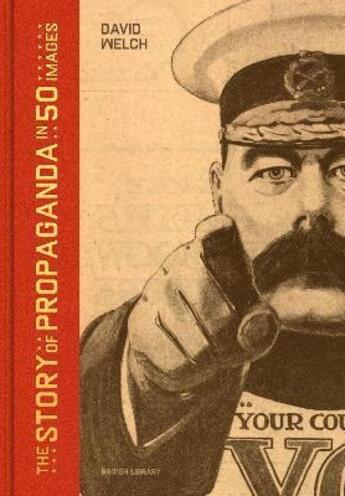Résumé:
Propaganda is thousands of years old. But it came of age in the 20th century, when the development of mass media (and later multimedia communications) offered a fertile ground for its dissemination, and the century's global conflicts provided the impetus needed for its growth. Put simply,... Voir plus
Propaganda is thousands of years old. But it came of age in the 20th century, when the development of mass media (and later multimedia communications) offered a fertile ground for its dissemination, and the century's global conflicts provided the impetus needed for its growth. Put simply, propaganda is the dissemination of ideas intended to convince people to think and act in a particular way and for a particular persuasive purpose. But it takes many forms, is fluid and indeed is constantly developing, most fervently in our own digital era. Terms such as 'fake news', 'post-truth', 'gate-keepers' and 'asymmetrical warfare' were unknown a decade ago yet today are now commonplace, and often cynically derided, in daily media communications.
In this timely and fully international book, David Welch has selected fifty images to highlight the continuities and dis-continuities of mass-communication throughout history, be they via images, events, films or by 'propaganda by deed'. Such an approach demonstrates how changing technological innovations (such as television and the internet) have continued to shape the propaganda narrative but also demonstrate how tried and trusted forms of propaganda - such as the humble leaflet - can still prove highly effective. The fifty images included are not all necessarily the most striking - rather they have been chosen because they illustrate recurring themes and devices (such as humour) and different mediums employed by propagandists - from early Egyptian coins eulogizing Alexander the Great to the psychological warfare used in the war against terrorism following the destruction of the Twin Towers in New York, and the use of social media employed so widely in the current Covid pandemic.
Donner votre avis














